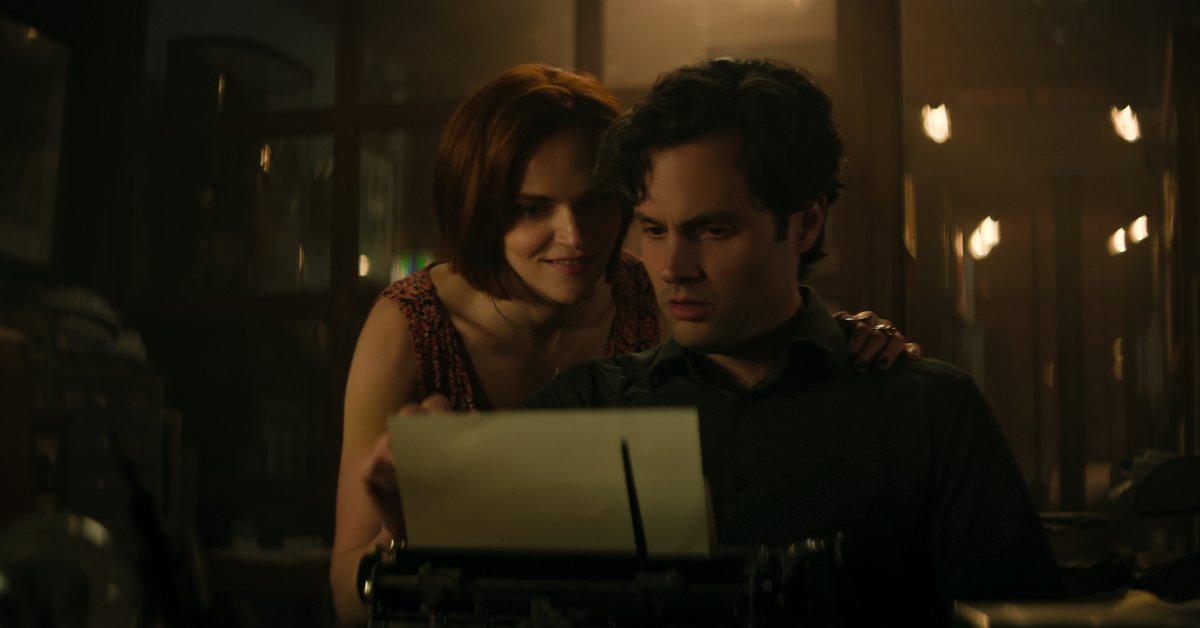Ending a Relationship: Why It Ended This Way
Breaking up is hard to do, and understanding why a relationship ended can be even harder. The pain, confusion, and self-doubt are often overwhelming. This article explores common reasons relationships fail, offering insights to help you process your experience and move forward. Remember, understanding the past doesn't necessarily mean condoning it – it's about gaining clarity and self-awareness.
Common Reasons Relationships End:
Relationships unravel for a multitude of reasons, rarely a single, simple cause. However, some common threads frequently appear:
-
Communication Breakdown: Failing to communicate effectively is a significant predictor of relationship failure. This includes avoiding difficult conversations, misinterpreting intentions, and a lack of active listening. Unspoken resentments fester and erode the foundation of trust.
-
Incompatible Values and Goals: Differing fundamental values regarding career, family, lifestyle, and finances can create irreconcilable differences. While compromise is crucial, some core values are non-negotiable.
-
Lack of Trust and Infidelity: Betrayal, whether emotional or physical, is a devastating blow to a relationship. Rebuilding trust after infidelity is extremely difficult, often impossible.
-
Unresolved Conflict: Every relationship experiences conflict. However, the ability to resolve conflict constructively is critical. Persistent unresolved arguments, criticism, and contempt are damaging.
-
Lack of Effort and Intimacy: Relationships require consistent effort, nurturing, and attention. Neglecting emotional and physical intimacy, failing to prioritize quality time, and taking each other for granted can lead to distance and disconnect.
-
External Pressures: Stress from work, family, finances, or other life events can significantly impact a relationship. These external pressures can create tension and strain the bond between partners.
-
Personal Growth and Change: People evolve over time. Sometimes, individuals grow apart, their paths diverging, leading to incompatibility. This doesn't necessarily mean one person is "at fault," but rather a natural consequence of personal growth.
Understanding Your Role:
While it's easy to blame your partner entirely, introspection is crucial for personal growth. Consider your contributions to the relationship's demise:
- Did you communicate your needs and feelings effectively?
- Did you actively listen to your partner's concerns?
- Did you compromise and work towards resolving conflicts?
- Did you prioritize the relationship and invest sufficient time and effort?
Honest self-reflection, even if painful, allows you to learn from the experience and build healthier relationships in the future.
Moving Forward:
Healing takes time. Allow yourself to grieve the loss of the relationship and the dreams you shared. Seek support from friends, family, or a therapist. Focus on self-care, pursuing hobbies, and reconnecting with your passions.
Remember: The end of a relationship doesn't define you. It's an opportunity for growth, self-discovery, and building a better future.
Keywords: ending a relationship, relationship breakup, reasons relationships end, relationship advice, relationship problems, communication in relationships, trust in relationships, conflict resolution, moving on after a breakup, self-reflection, personal growth.
(This article is for informational purposes only and does not constitute professional advice. If you are struggling with a breakup, consider seeking support from a therapist or counselor.)

